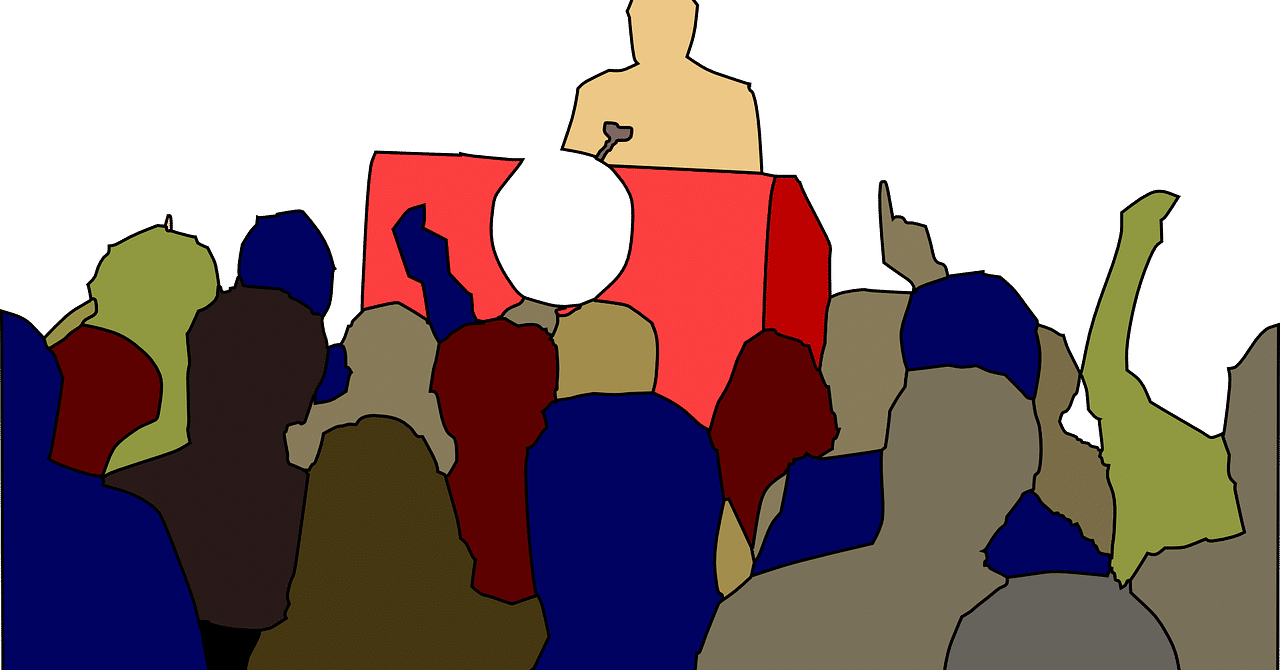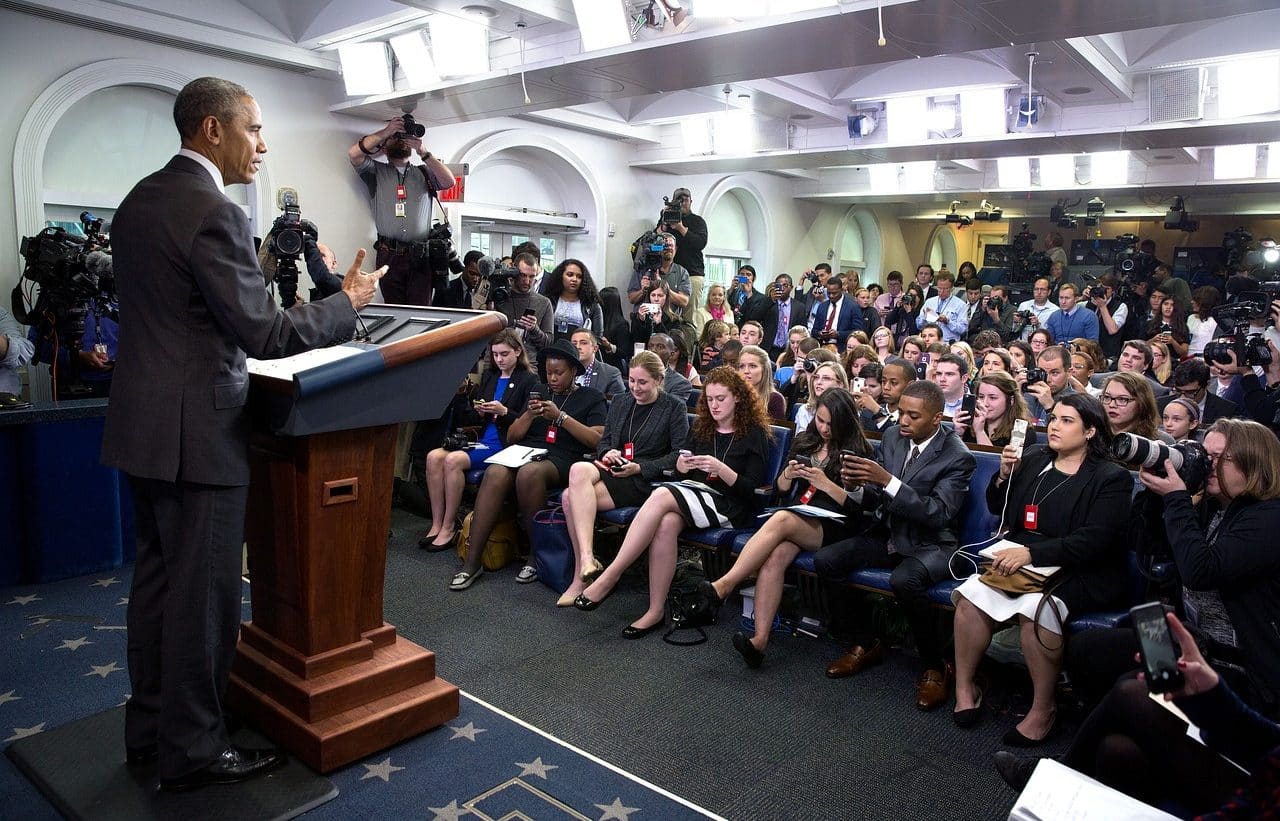
A press conference is a call to journalists to provide them with information and answer their questions.
A press conference is a call made by an entity or personality to bring together journalists and communicate some information to them. This type of event , also known as a press conference , consists of inviting the media to the same space so that everyone has simultaneous access to certain data and can then reproduce it in newspapers, magazines, television programs, radio broadcasts or Internet sites.
It should be noted that wheel , from the Latin rota , is a concept with several uses. In this case we are interested in highlighting its meaning as a circle or a meeting of individuals . Press , for its part, can refer to all journalists or publications .
Government press conferences
Some governments have the habit of organizing press conferences on a regular and systematic basis. In this way, for example, a president can commit to holding a press conference every Monday at 9 in the morning in a room in the Government House . Generally, press conferences begin with a few words from the protagonist, who announces what he wanted to disseminate, and then proceeds to a period of questions from the journalists.
Although the press conference is a useful mechanism for communicating information to society , journalists do not always have the possibility to ask questions freely. It often happens that the protagonist chooses which journalists to give the opportunity to participate, leaving others out . There are even press conferences that do not consider questions, turning into monologues .

It is common for presidents to offer press conferences.
The public image
The image of a corporation or a public person is of utmost importance, which is why any activity that may affect it must be supported by prior research work that results in a well-defined action plan . Press conferences are no exception, and that is why there are companies specifically dedicated to offering advice to carry them out successfully. Let's look at some useful tips below:
- Hold a press conference only in cases where it is considered the best strategy to achieve the stated objectives. There are other similar tools that may be more appropriate, such as seminars , press releases, corporate presentations and informative lunches.
- It should be designed as a channel to answer specific questions from the public and to offer them information that is relevant to them. A press conference should never be held with the sole objective of providing a statement , whether or not it is of interest to journalists, since this can be taken as a waste of time and have a negative impact on the credibility of the person organizing it.
- In the case of companies, they must be willing to share specific numerical data with those present, as well as news regarding their products and services. It is not beneficial to simply state percentages, as this may raise doubts about the financial situation.
- Let the data speak for itself. In other words, a press conference is not the space to say "we are the market leaders" , but to offer journalists certain information and give them the opportunity to analyze it to draw their own conclusions.
- Avoid by all means technical vocabulary or vocabulary that is difficult to understand by the non-specialized public, as well as messages that are too extensive. If it is not possible to replace a technical term, then its meaning must be clarified immediately.
- It is important to accompany the data with graphic presentations in a direct and easy-to-read style . In addition, it is recommended to deliver a physical or digital copy of them at the end of the event.
- Perhaps the most important tip of all is to choose the right spokesperson .
